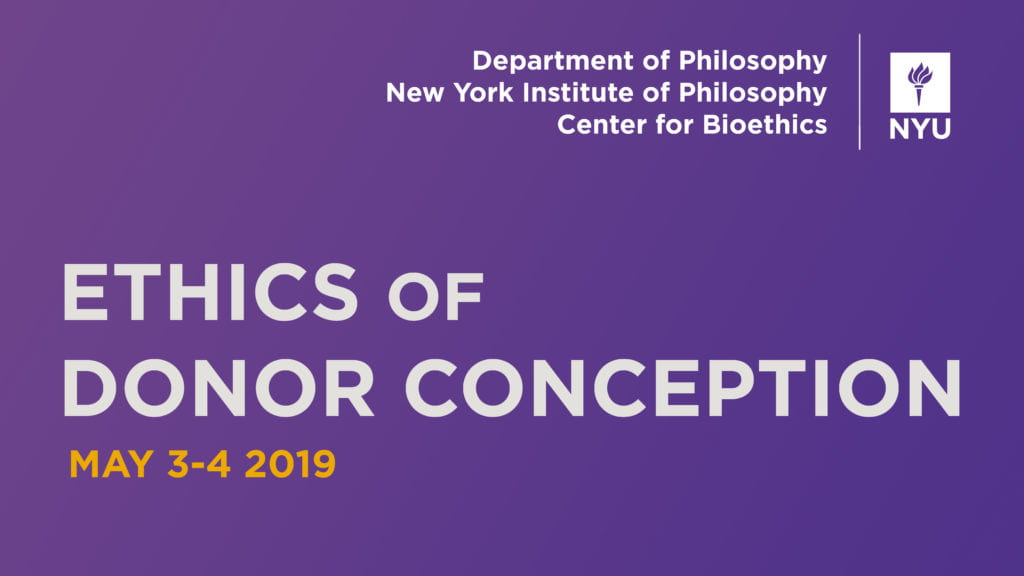There are no reliable statistics on how many children are created in the United States from donated gametes. The CDC, which collects statistics on in vitro fertilization, reported that roughly 9,000 children were born from IVF with donated eggs in 2015. But according to the Donor Sibling, Registry, a survey of such parents found that 40% of those responding were never asked to report the birth of their child. And most births from donated sperm do not require IVF and are therefore not counted at all. Journalists writing about donor conception tend to rely on an outdated report of the Office of Technology Assessment, which estimated 30,000 births from donor insemination in the year 1986/87. The fertility industry has grown enormously since that date.
Although many countries have outlawed or restricted anonymous donor conception, the practice is virtually unregulated in this country. And because the U.S. has never debated legislation or regulation for donor conception, there has been almost no public discussion of whether it is ethical and, if so, under what circumstances and conditions.
On May 3-4, 2019, the NYU Department of Philosophy, together with the New York Institute of Philosophy and the NYU Center for Bioethics, will convene a conference of bioethicists to discuss the ethics of donor conception. The conference will be open to the public and free of charge. Required online registration will open a month before the conference.
SPEAKERS
Elizabeth Brake (Arizona State University)
Reuven Brandt (University of California, San Diego)
Erin Jackson (journalist, San Diego)
Matthew Liao (New York University)
Inmaculada de Melo-Martin (Cornell-Weill Medical College)
Douglas NeJaime (Yale Law School)
Rivka Weinberg (Scripps College)
Registration is free but required. Please register here.

